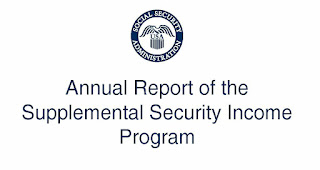From Jonathan Stein and David Weaver writing in The Hill:
The Social Security Administration's (SSA’s) 1,200 field offices have been closed for the last 20 months, with devastating effects for disabled Americans. Pre-pandemic, more than 43 million Americans were served at SSA field offices; the people most in need of walk-in, on-demand services included people with low- or zero-incomes, housing instability, limited English proficiency, or significant physical or mental disabilities that were themselves barriers to access. With office closures, their inability to file applications and appeals and to correct bureaucratic errors has led to historically unprecedented declines in people receiving Social Security Disability Insurance (SSDI) or Supplemental Security Income (SSI) disability benefits.
In fiscal year (FY) 2021, SSA's awards of SSDI benefits to disabled persons and their family members were down 25 percent relative to FY 2019. SSI disability awards, granted to people without much work history, were down even more, with a 30 percent decline.Had SSI awards continued at the pre-pandemic level, there would have been 280,000 more SSI awards over the last two fiscal years. In the pre-pandemic years of FY 2017-2019, SSDI awards were declining only modestly; had that trend continued, there would have been 270,000 more SSDI awards in the last two fiscal years. ...
The decline in awards has continued to the present period. SSDI and SSI awards for September 2021 were down 34 and 42 percent, respectively, from the figures for September 2019. ...
It is crucial that office reopening allow for walk-in service. Many current or potential SSI beneficiaries lack reliable access to internet or have limited minutes available for their phones. ...
Last, but certainly not least: It is 11 months into the current administration, and there has yet to be a nomination of a Social Security Commissioner. Many of the needed changes in policy and personnel at SSA can only be made by a Senate-confirmed commissioner, and time is running out to act before the next election. ...








